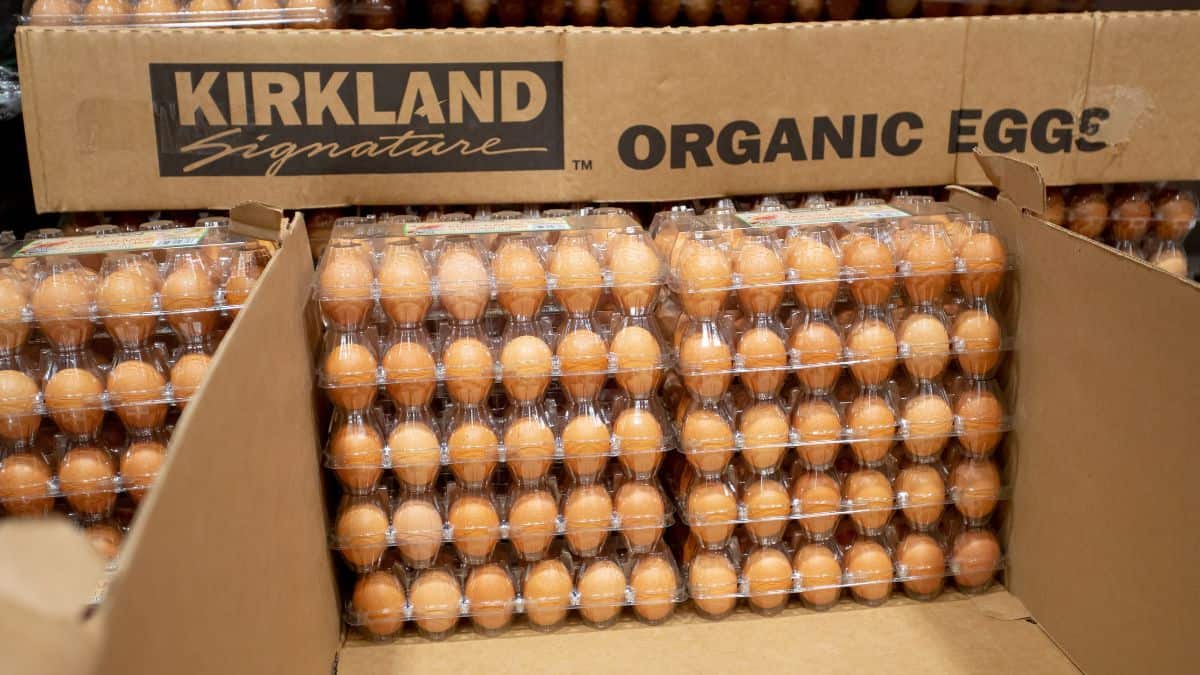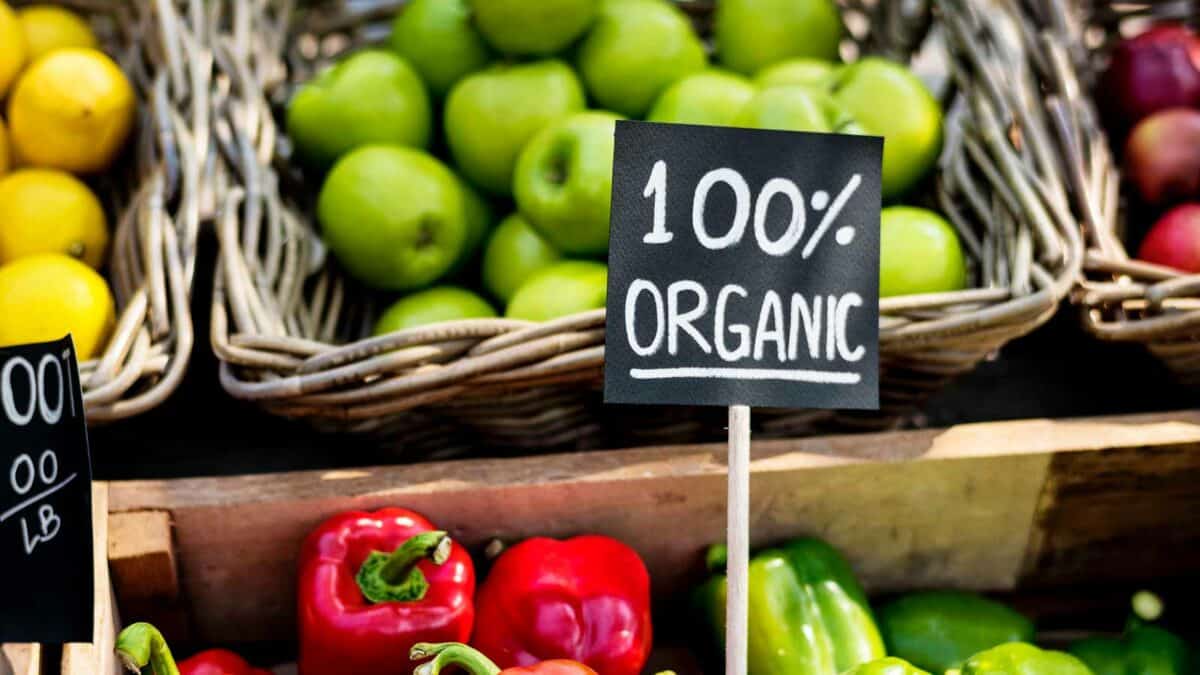When it comes to eggs, the term “pastured” often sparks heated debates. Are these eggs really the nutritional powerhouse they’re claimed to be, or is it just clever marketing at work? Here are all the details you should know before your next trip to the grocery store.

What Does Pastured Mean?

Pastured refers to a farming method where chickens are raised outdoors, with access to natural environments where they can roam, forage, and graze on grass, insects, and worms. The chickens typically sleep inside but have access to the outdoors during the day allowing them to express their distinctive behaviors.
How It’s Different From Cage Free

While the chickens aren’t confined to cages, they still live indoors in this model. Often in large flocks with limited space and without access to the outdoors. Cage-free environments offer more freedom of movement than conventional battery cages, but they don’t provide the enriched, natural environment that pastured systems do.
Why They’re Worth The Splurge

A study involving 14 flocks across the United States whose eggs were tested by an accredited Portland, Oregon, laboratory revealed a list of amazing benefits comparing pastured eggs to conventional eggs.
1. Deep Golden Yolks

Opening a free-range or cage-free egg reveals a typical yellow yolk, while a pasture-raised egg often surprises with a golden to orange yolk. Pasture-raised hens feast on a varied diet that changes with the seasons, influencing the yolk color—lighter in summer and deeper in winter. You are what you eat and that’s no different with humans or chickens.
2. Twice the Omega-3s

Pasture-raised eggs pack over twice the omega-3 fatty acids and boast a significantly lower omega-6 to omega-3 ratio than standard eggs. This rich profile makes them an excellent source of beneficial fats.
3. Seven Times More Beta Carotene

Beta carotene, a precursor to vitamin A, plays a crucial role in maintaining eye health, supporting the immune system, and promoting healthy skin. Pastured eggs, known for their nutrient-rich profile, are a valuable source of beta carotene due to the diverse diet of hens raised on pasture. This not only enhances the nutritional value of the eggs but also contributes to their distinctive rich yolk color.
4. More Vitamin D

Vitamin D, known as the sunshine vitamin, is very hard to get through foods. Only a select few contain amounts worht noting but eggs happen to be one of them. Pasture raised eggs were found to have three to six times the amount of vitamin D.
5. More Vitamin E

Vitamin E is a powerful antioxidant that helps protect the body’s cells from damage, supports the immune system, and aids in maintaining healthy skin and eyes. Pastured eggs are a noteworthy source of vitamin E and have three times more than their counterparts, thanks to the varied and natural diet of hens that forage on pasture.
6. More Vitamin A

Vitamin A is essential for maintaining good vision, ensuring the normal function of the immune system, and aiding in the health of skin and mucous membranes. Eggs from pasture-raised hens were shown to have 2/3 more vitamin A.
7. Far More Choline

Pasture-raised eggs contain significantly more choline—a vital B vitamin—compared to standard commercial eggs. Choline is key for brain development, muscle control, memory enhancement, maintaining cell membrane health, and has notable anti-inflammatory properties. With about 90% of the U.S. population, including up to 95% of pregnant women, not getting enough choline, and our bodies’ limited ability to produce it, incorporating choline-rich foods like pasture-raised eggs, which offer about 215 mg of choline per yolk, into our diet is essential for health.
Why Pastured Eggs Even Beat Organic Eggs

Pasture-raised eggs outshine their organic counterparts in nutrition. Organic eggs are great, avoiding pesticides and hormones, but they miss out on the diverse diet pasture-raised chickens enjoy. Eggs are often labeled “vegetarian fed” but this isn’t something to be proud of. Chickens are not meant to be vegetarians. When left alone, they eat bugs, worms and all sorts of insects in nature. This natural diet enriches eggs with more nutrients. So, while organic is good, pasture-raised is the top pick for those seeking the most wholesome option.
What You Don’t Know About Organic Farming: 10 Myths Debunked

Organic farming often gets a glowing reputation, hailed as the healthier and more eco-friendly choice. But how much of that praise is backed by facts? We’re breaking down ten common myths about organic farming, from pesticide use to its environmental impact to dig into what’s really going on behind those organic labels and see if they live up to the hype.
Read it Here: What You Don’t Know About Organic Farming: 10 Myths Debunked
5 Labels On Chicken That Mean Nothing & 6 To Pay Attention To

Navigating the grocery store’s poultry aisle can feel like decoding a secret language. “Organic,” “air-chilled,” and “non-GMO” are just a few buzzwords you’ll encounter, each promising a better bird. But which labels actually mean something for the welfare of the chickens and the quality of your dinner? We’re here to cut through the clutter and tell you which chicken labels are worth paying attention to and which ones you can safely ignore.
Read it Here: 5 Labels On Chicken That Mean Nothing & 6 To Pay Attention To
Select images provided by Depositphotos.
Gina Matsoukas is an AP syndicated writer. She is the founder, photographer and recipe developer of Running to the Kitchen — a food website focused on providing healthy, wholesome recipes using fresh and seasonal ingredients. Her work has been featured in numerous media outlets both digital and print, including MSN, Huffington post, Buzzfeed, Women’s Health and Food Network.












